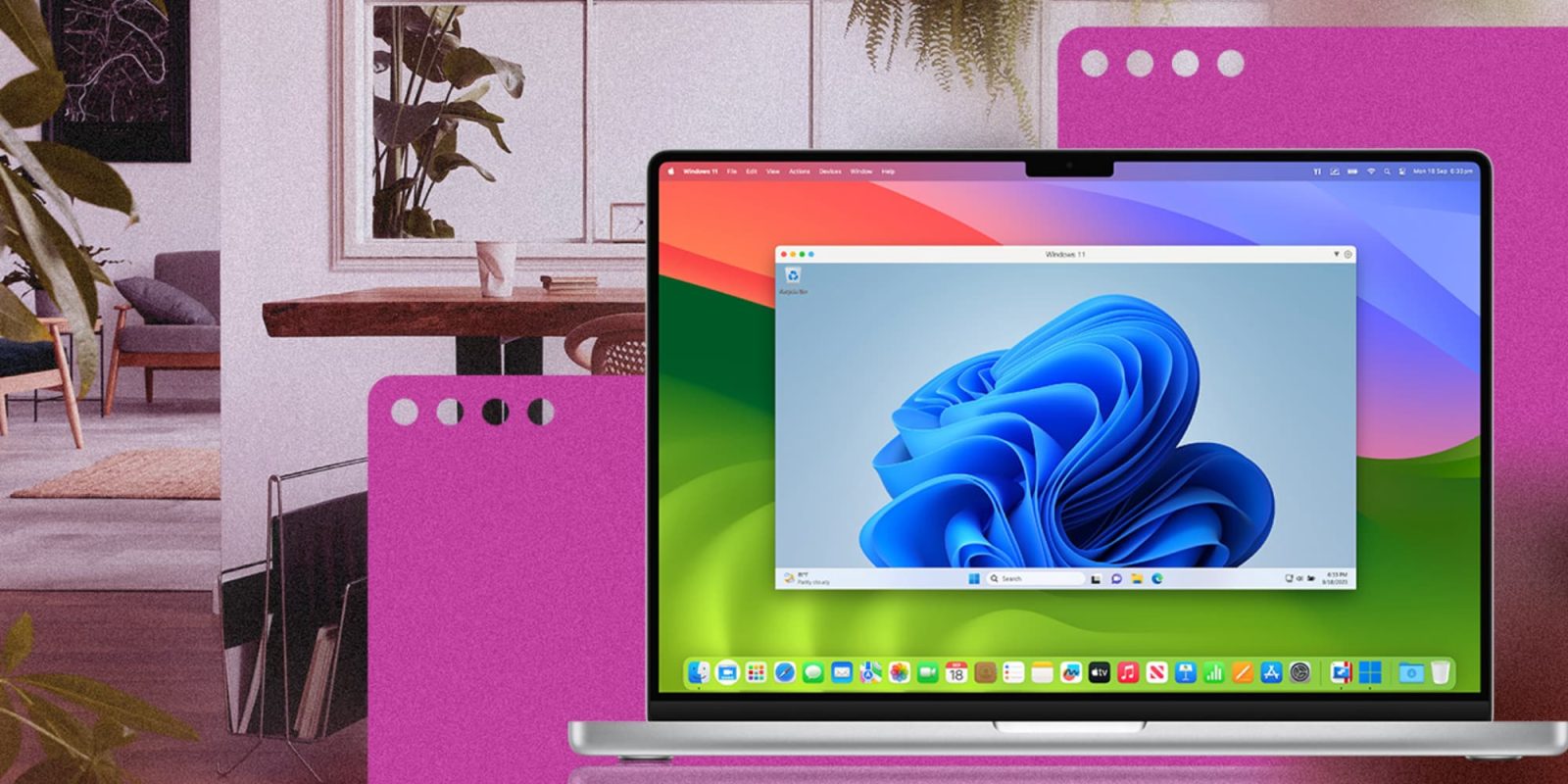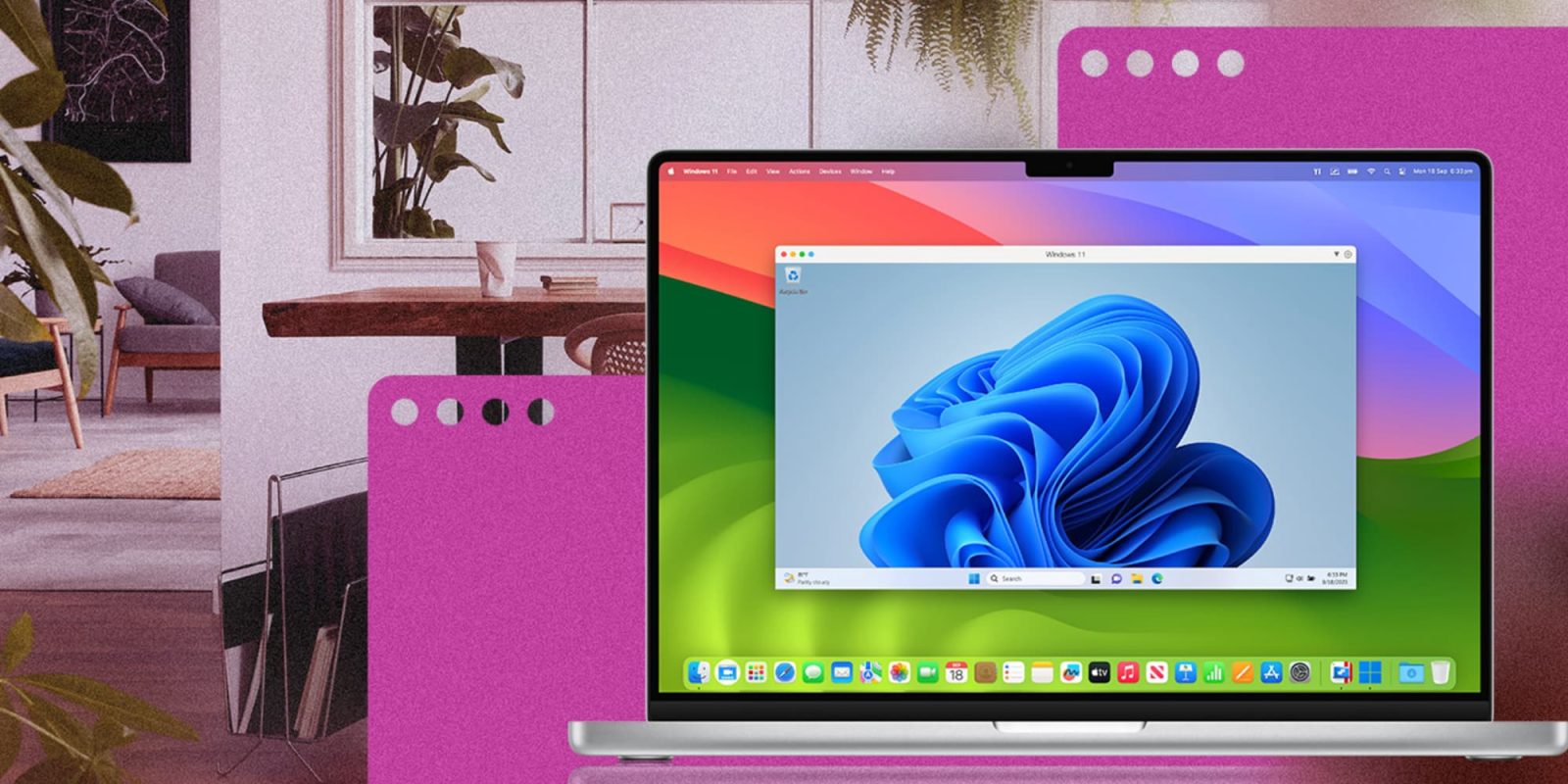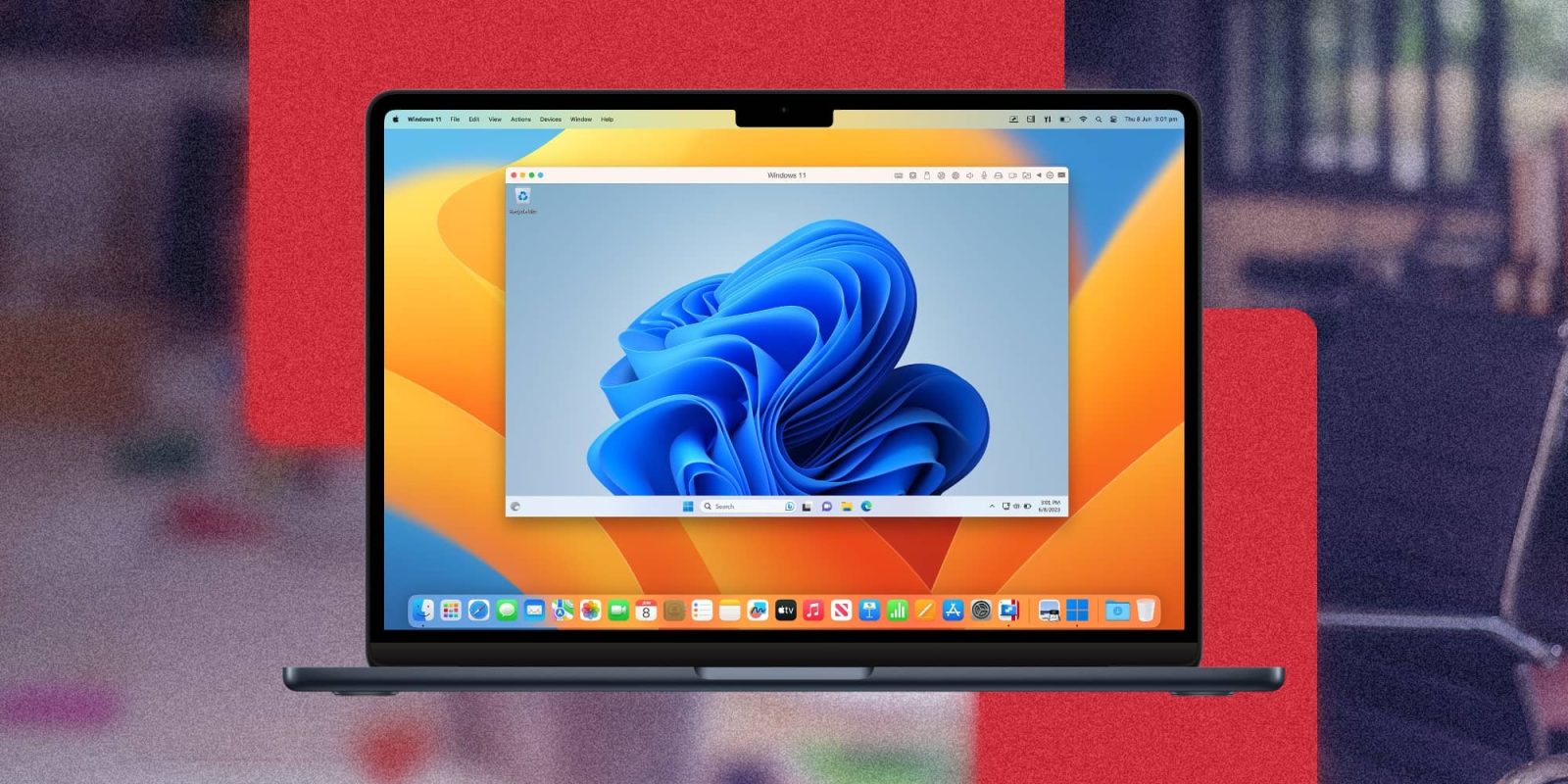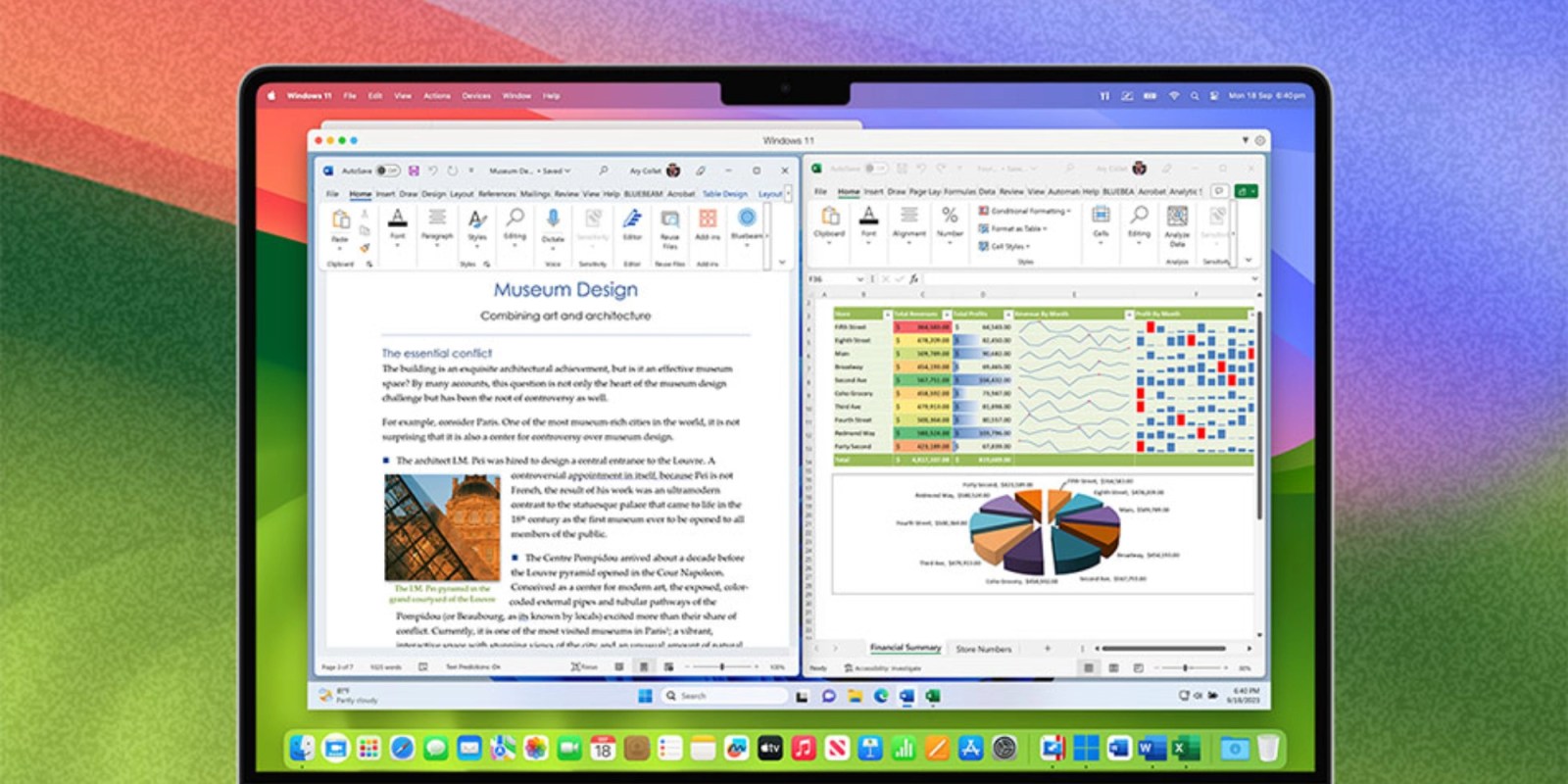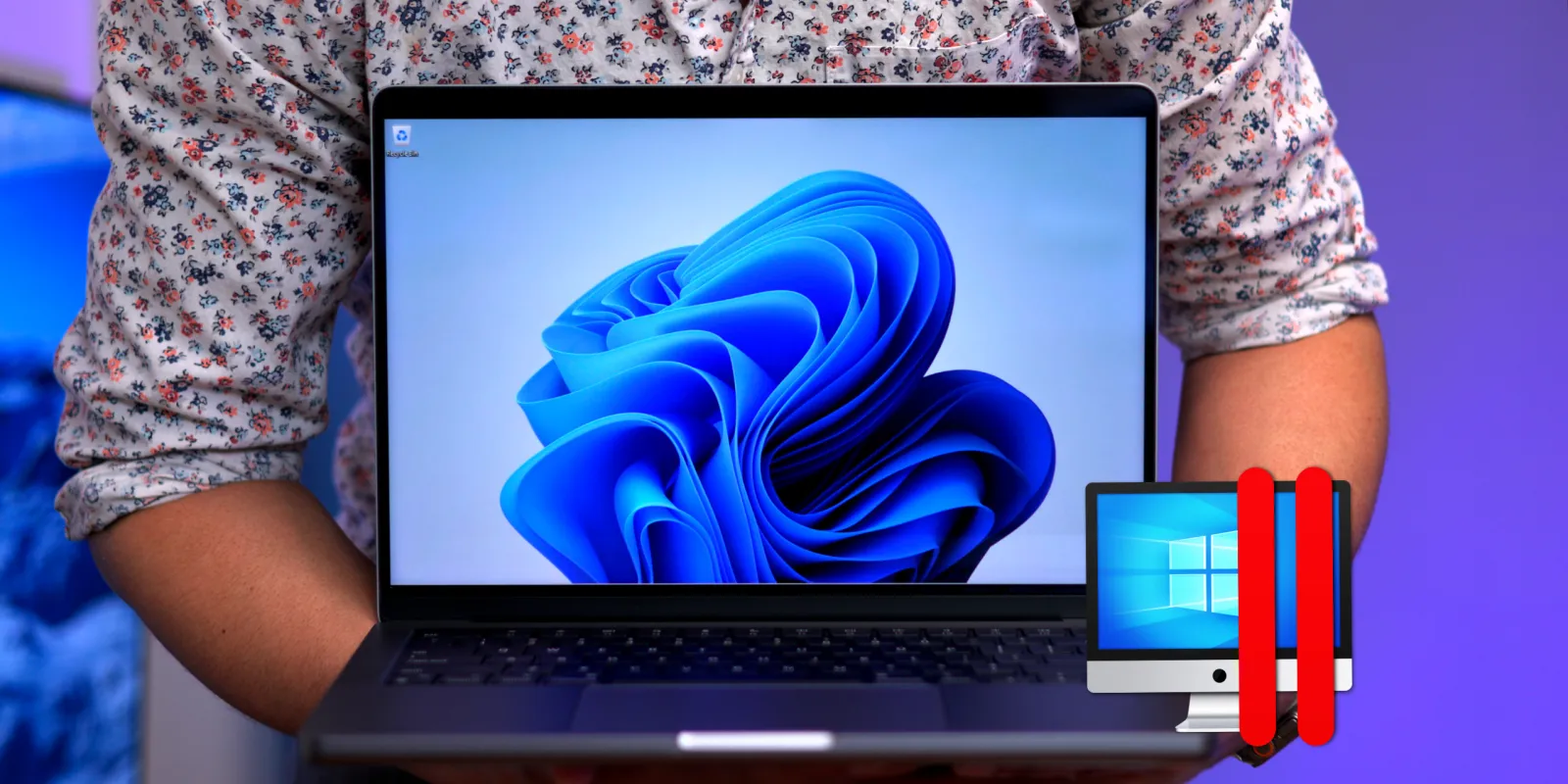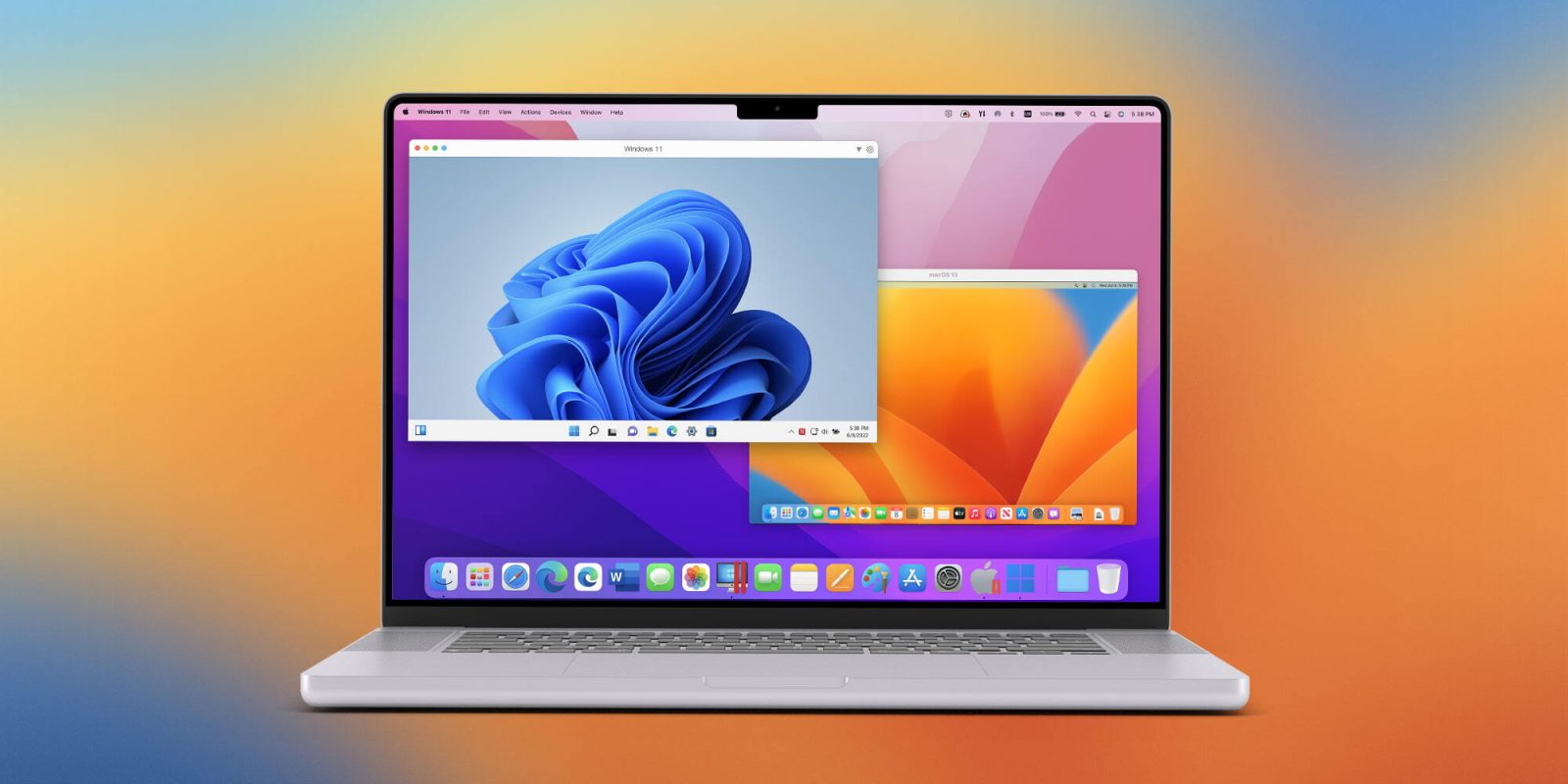Parallels Desktop 26 arrives with macOS 26 support and enterprise IT management tools

For nearly two decades, Parallels has been one of the go to solutions for running Windows on the Mac, and with version 26 the company is doubling down on both sides of that equation while making it easier to deploy at work. Parallels Desktop 26 arrives with day one support for macOS 26 Tahoe and Windows 11 25H2, along with a strong set of IT focused improvements that make it easier to manage virtual machines at scale.
Expand Expanding Close